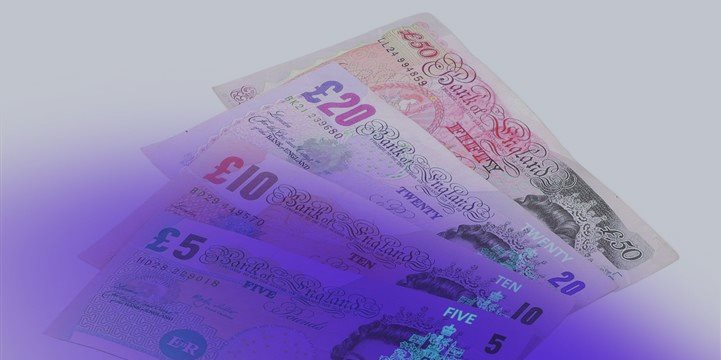Minutes of the Bank of England’s December meeting showed policy makers voted 7-2 to keep interest rates at a record low. This sent the pound sterling down versus the dollar. At the same time, the British currency appreciated against the euro after a separate report showed unemployment held at the lowest since 2008.
U.K. government bonds dipped, paring advances made yesterday that pushed 30-year yields below 2.5 percent for the first time as the lowest inflation rate in more than a decade boosted demand for the fixed payments on gilts.
The British currency dropped 0.2 percent to $1.5712 as of 10:06 a.m. London time after climbing 0.7 percent yesterday, the biggest advance since Oct. 15. The U.K. currency strengthened 0.2 percent to 79.29 pence per euro.
Sterling has increased 7 percent in the past year, the best performer after the dollar among 10 developed-nation currencies tracked by Bloomberg Correlation-Weighted Indexes. The greenback surged 11 percent, while the euro fell 0.4 percent.
U.K. gilts have been supported as the global inflation outlook crumbles amid plunging commodity prices, leading traders to pare back wagers on higher borrowing costs.
A measure of Britain’s inflation outlook dropped to the lowest in more than two years yesterday, as the price of Brent crude oil dropped below $60 a barrel for the first time since July 2009.
The annual rate of consumer-price growth declined to 1 percent last month, the least since 2002, from 1.3 percent in October, the Office for National Statistics said yesterday. U.K. inflation in coming months “is going to be low,” BOE deputy governor Jon Cunliffe said in a BBC Radio interview today.
UK unemployment maintained at 6 percent in the three months through October, the lowest since 2008, the ONS said today. The median estimate in a Bloomberg News survey was for a reading of 5.9 percent. Wages grew 1.4 percent from a year earlier, up from 1 percent in the third quarter.
Bank of England officials said a “promising” pickup in wage growth wasn’t enough to raise concerns about the outlook for medium-term inflation, according to minutes of its Dec. 3-4 meeting. The Monetary Policy Committee said “by far” the most significant developments on the month were the continued drop in oil prices and a reduction in market interest rates.
The BOE’s official rate has been at a record-low 0.5 percent since March 2009. Two of the MPC’s nine members also voted for a quarter-point rate increase in November.
Forward contracts based on the sterling overnight interbank average, or Sonia, show investors aren’t expecting a 25 basis-point increase in the rate before the end of November next year. As recently as August, the market was priced for an increase in February.
Benchmark 10-year gilt yields rose two basis points, or 0.02 percentage point, to 1.79 percent after touching 1.69 percent yesterday, the lowest level since May 3, 2013. The 2.75 percent bond due in September 2024 fell 0.17, or 1.70 pounds per 1,000-pound face amount, to 108.495.
The rate on 30-year gilts added three basis points to 2.54 percent after dropping to 2.439 percent yesterday, the least since Bloomberg started collecting the data in 1996.
The 10-year break-even rate, a measure of the outlook for retail-price inflation derived from the difference in yield between gilts and inflation-linked securities, rose two basis points to 2.55 percent. It dropped to 2.49 percent yesterday, the lowest since November 2012.
According to Bloomberg World Bond Indexes, gilts returned 15 percent this year through yesterday. German securities earned 10 percent and U.S. Treasuries 6.7 percent.




